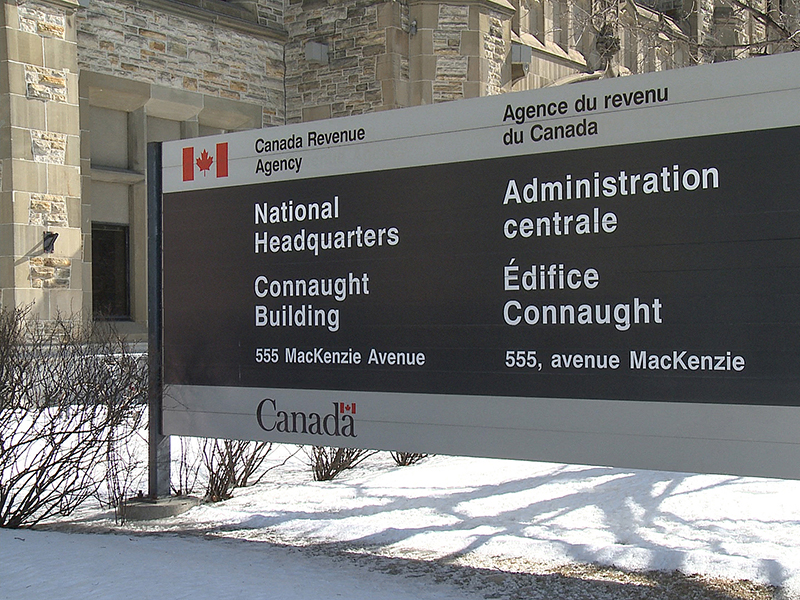
The Canada Revenue Agency (CRA) is giving affected homeowners a second extension to file an Underused Housing Tax return, making the announcement on the last day before the first extension was set to expire.
On Tuesday, the CRA said it would waive the application of penalties and interest for any late-filed UHT returns and for late-paid UHT payable for the 2022 calendar year, provided the return is filed and the UHT paid by April 30, 2024.
The CRA said the extension would allow more affected owners to meet their obligations.
“We understand that many homeowners may not be aware that they are subject to this new law,” said National Revenue Minister Marie-Claude Bibeau in a release. “This is why I want to ensure that every effort has been made to inform homeowners and help them meet their obligations.”
In March, the CRA gave affected homeowners a six-month extension beyond the official deadline of April 30 to file a UHT return and pay any UHT tax for the 2022 calendar year without incurring penalties and interest.
One tax professional suggested the federal government might be experiencing difficulty behind the scenes in administering the UHT regime.
“This is what happens when a policy sounds simple in concept but is actually really, really hard to implement effectively,” said Noah Sarna, a commodity tax partner with Thorsteinssons Tax Lawyers in Toronto, in a Linkedin post following the CRA’s announcement.
Effective for 2022, the UHT is an annual 1% tax on the ownership of vacant or underused housing in Canada.
The tax applies to “affected owners,” including foreign and non-permanent resident owners of residential property in Canada, as well Canadians who own residential property through a trust, private corporation or partnership. Affected owners must file a return, but may be exempt from the tax itself if the property qualifies under a qualifying occupancy or other exemption.
Penalties for late-filing a UHT return are significant: at least $5,000 for individuals, and $10,000 for corporations, for each residential property. If the UHT is payable, penalties may climb higher the later the return is filed, with no cap in the legislation.
The CRA is currently charging 9% interest on overdue tax, but that rate will increase to 10% in the first quarter of 2024.
Tax practitioners have been sounding the alarm for months that many Canadians may have a UHT filing requirement without knowing it.
For example, if a child is put on title for a residential property by their parent who continues to live in the house as the beneficial owner, a bare trust arrangement is created. Such transactions are often done for estate-planning purposes.
As the property is owned by a trust, the trustee as the legal owner of the property must file a UHT return. However, if the parent is a Canadian citizen, the trust is considered a specified Canadian trust, and no UHT is payable.
The UHT return could also represent a filing nightmare.
For example, owners of multi-residential properties of more than three units are not subject to the UHT rules, meaning owners of apartment buildings do not typically have a UHT return filing requirement.
However, where an affected owner (such as a foreigner or a trust or a private corporation) owns a multi-residential rental property where each unit has separate ownership and registered title (known as condominiumization), a UHT return must be filed for each unit, said Antony Schiefer, tax partner with KPMG, in a presentation given at the Canadian Tax Foundation’s Ontario Tax Conference on Oct. 24.
“Three of my clients amount to about 5,000 tax returns that we have to file in respect of the UHT, [even though] there’s no tax to pay,” Schiefer said.